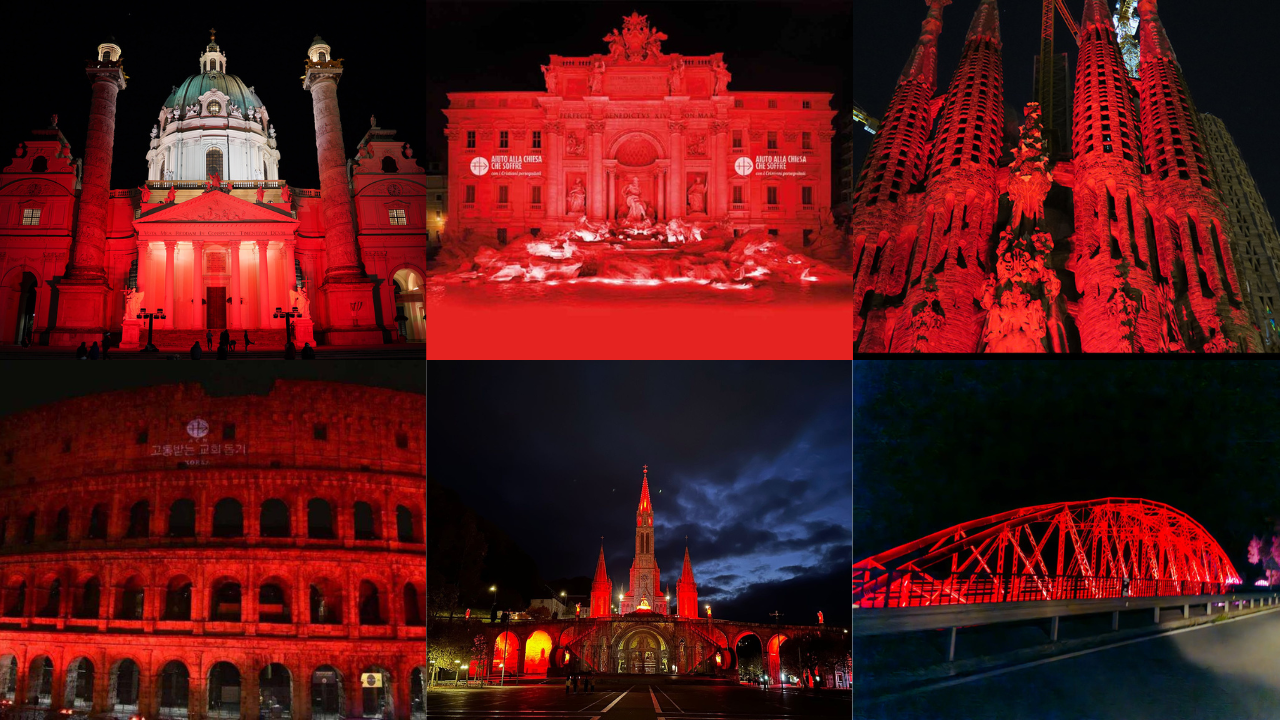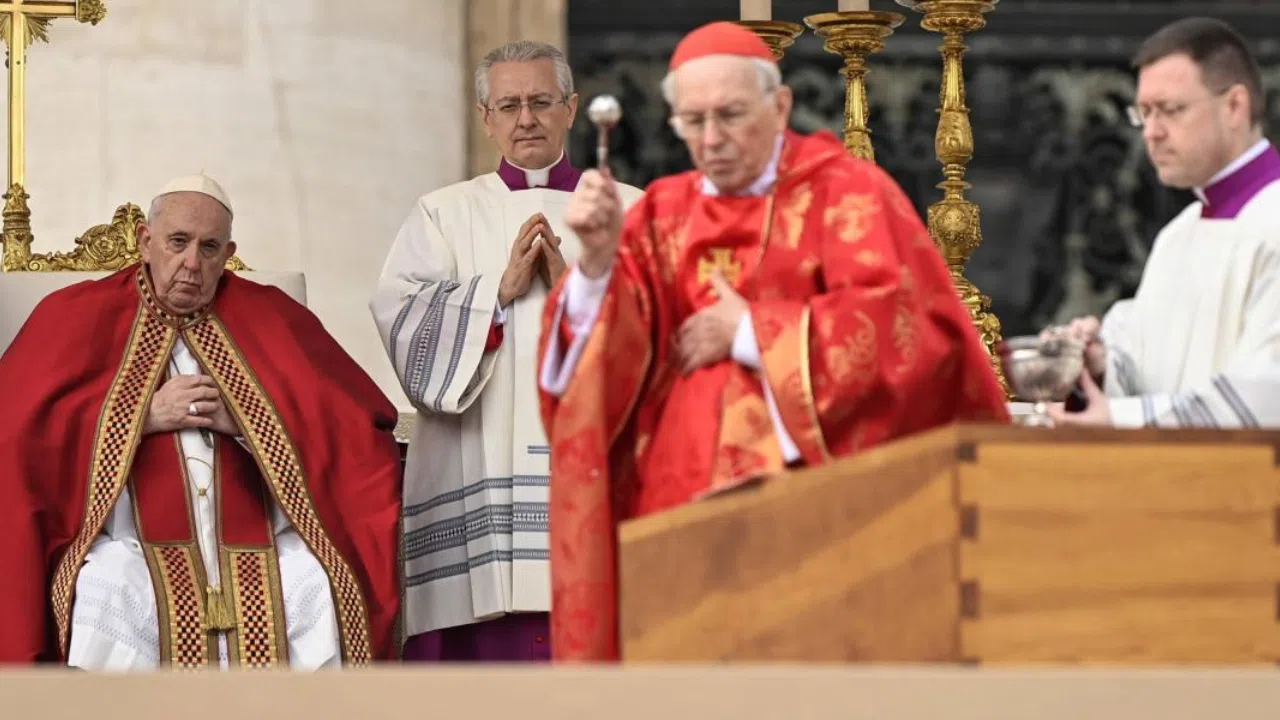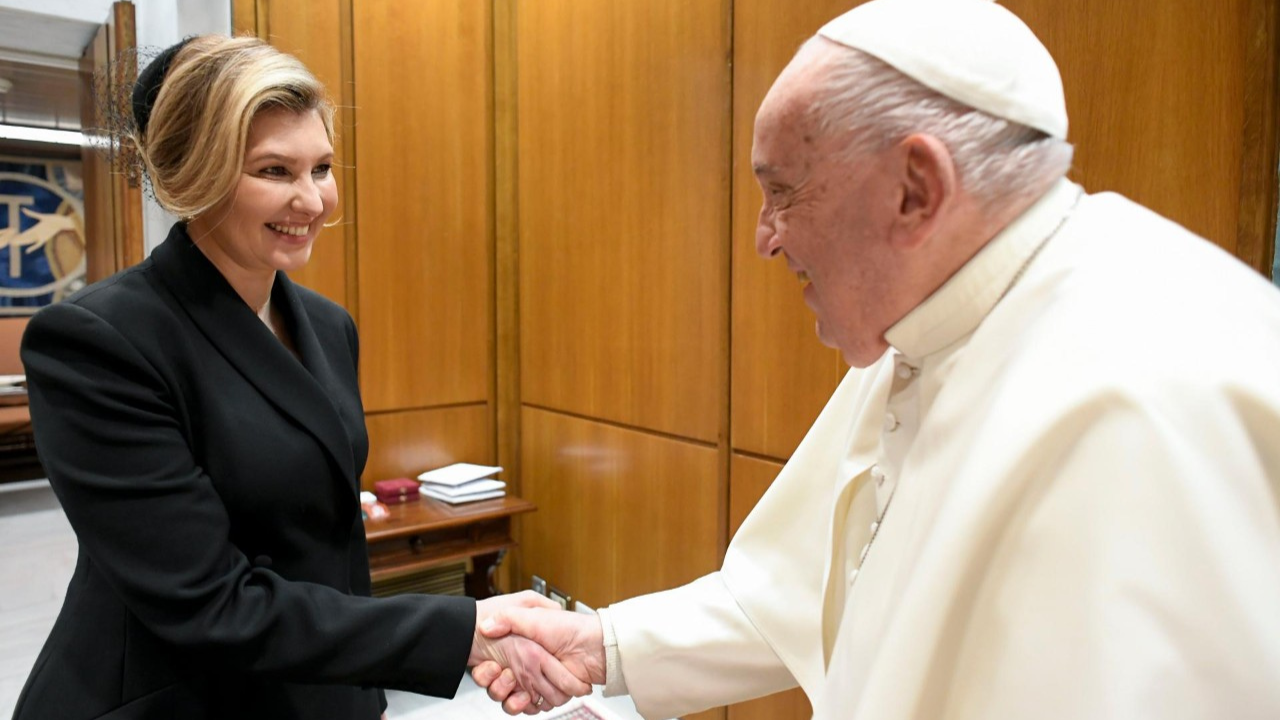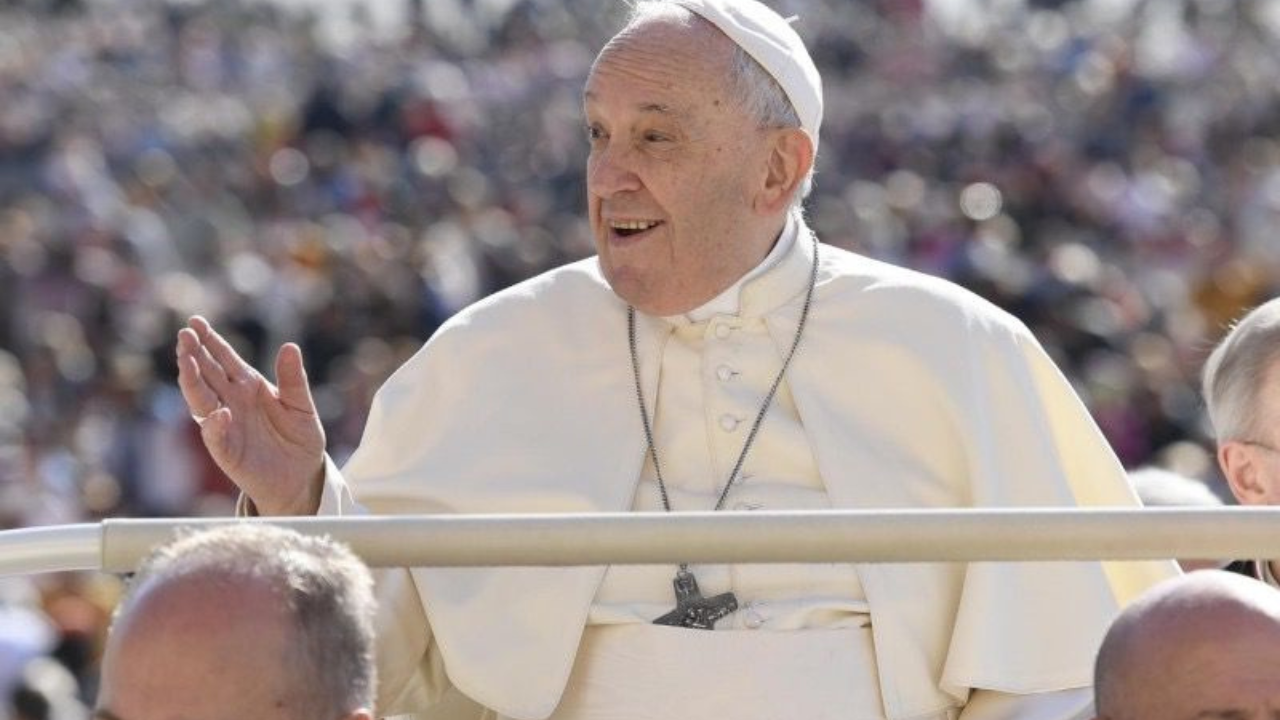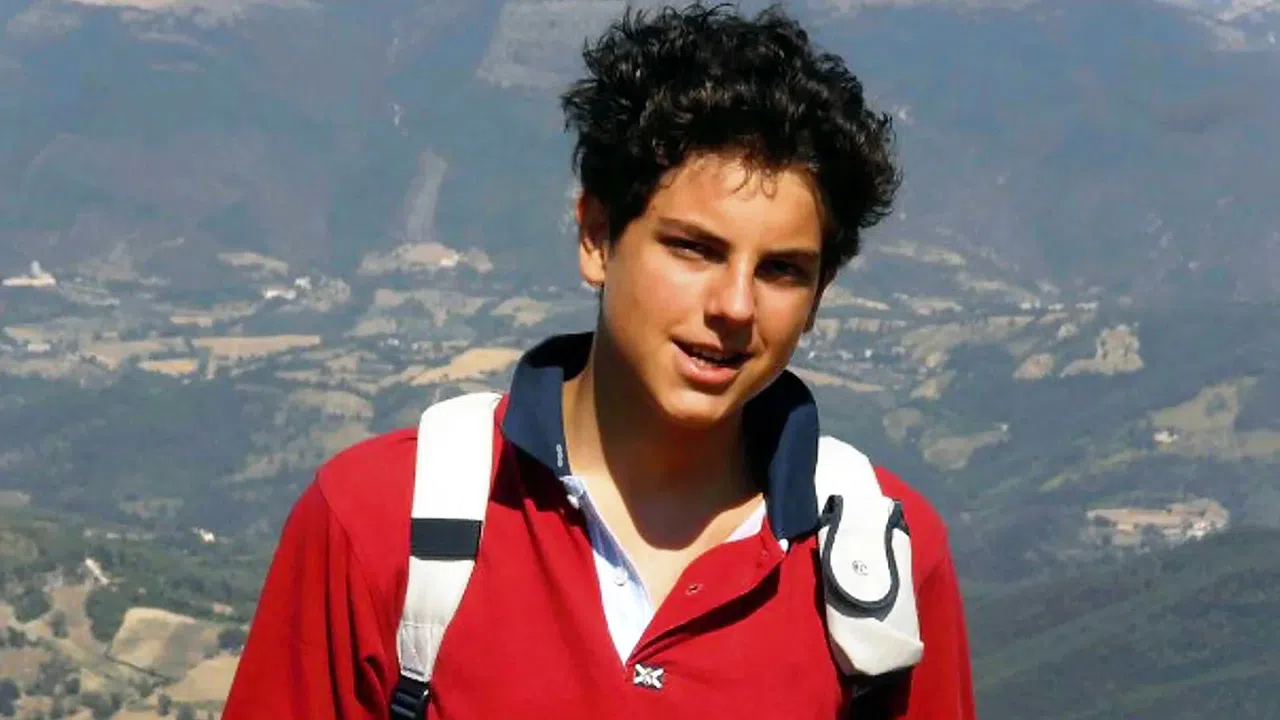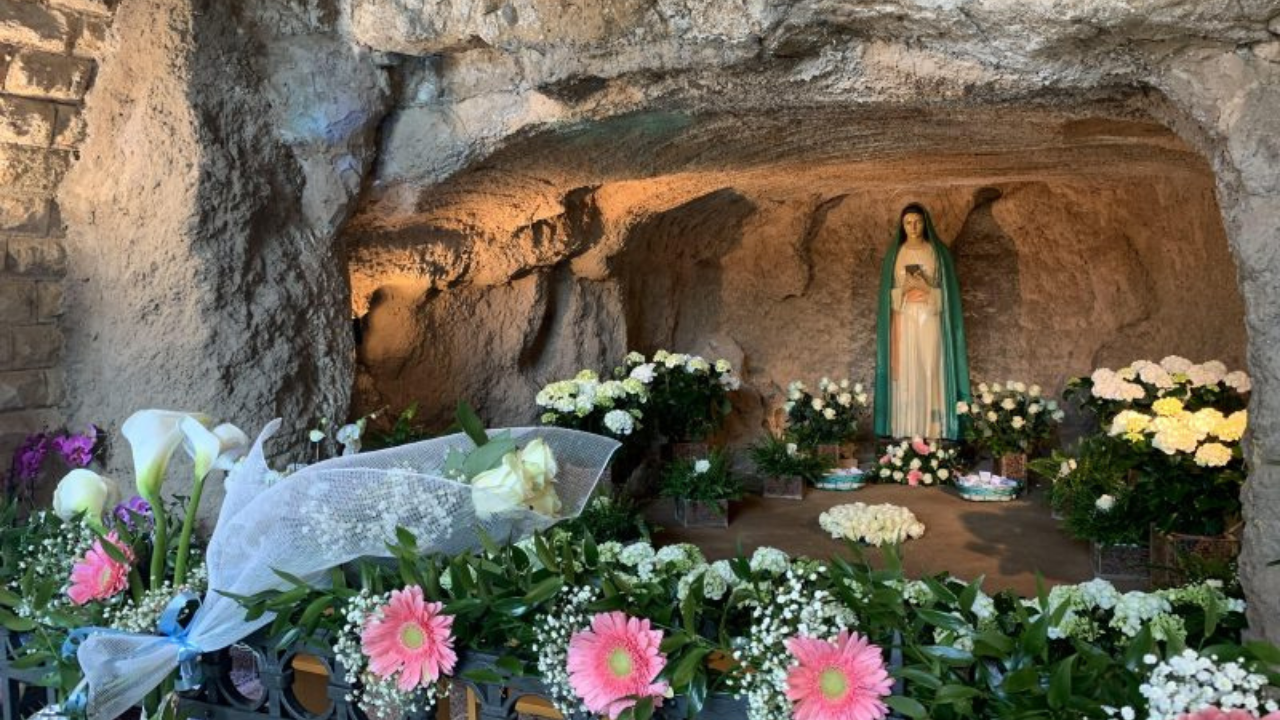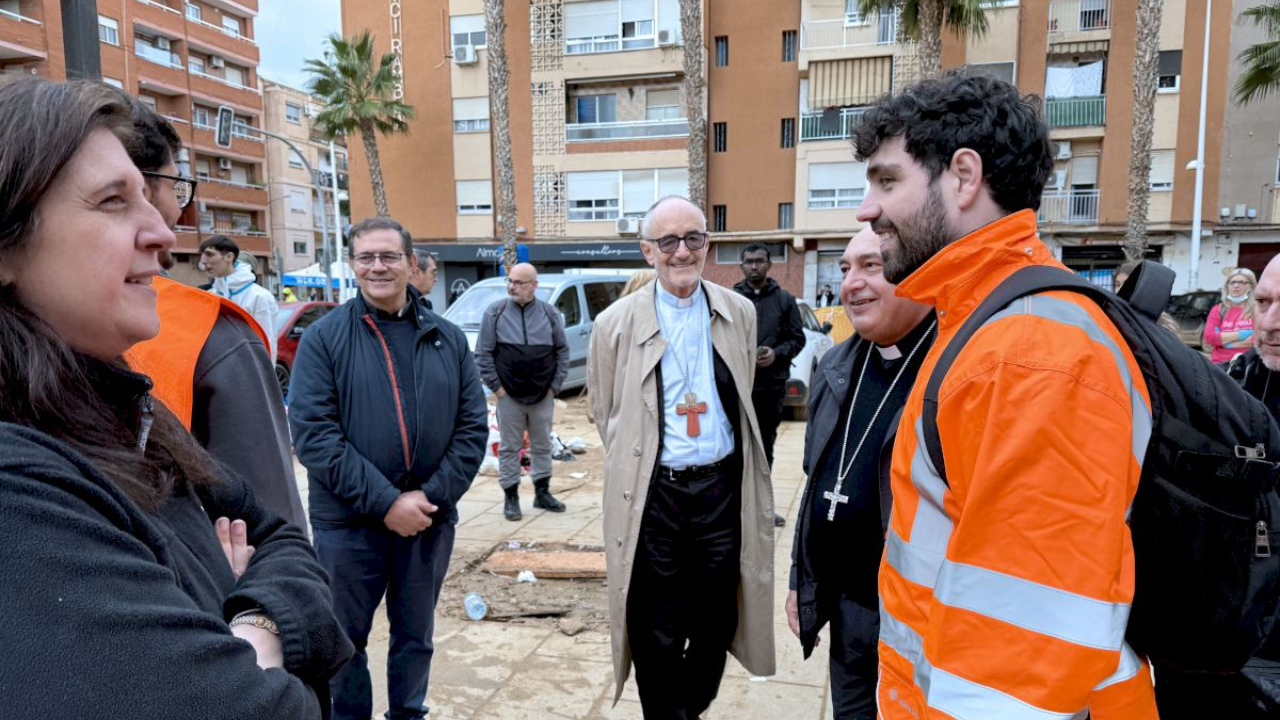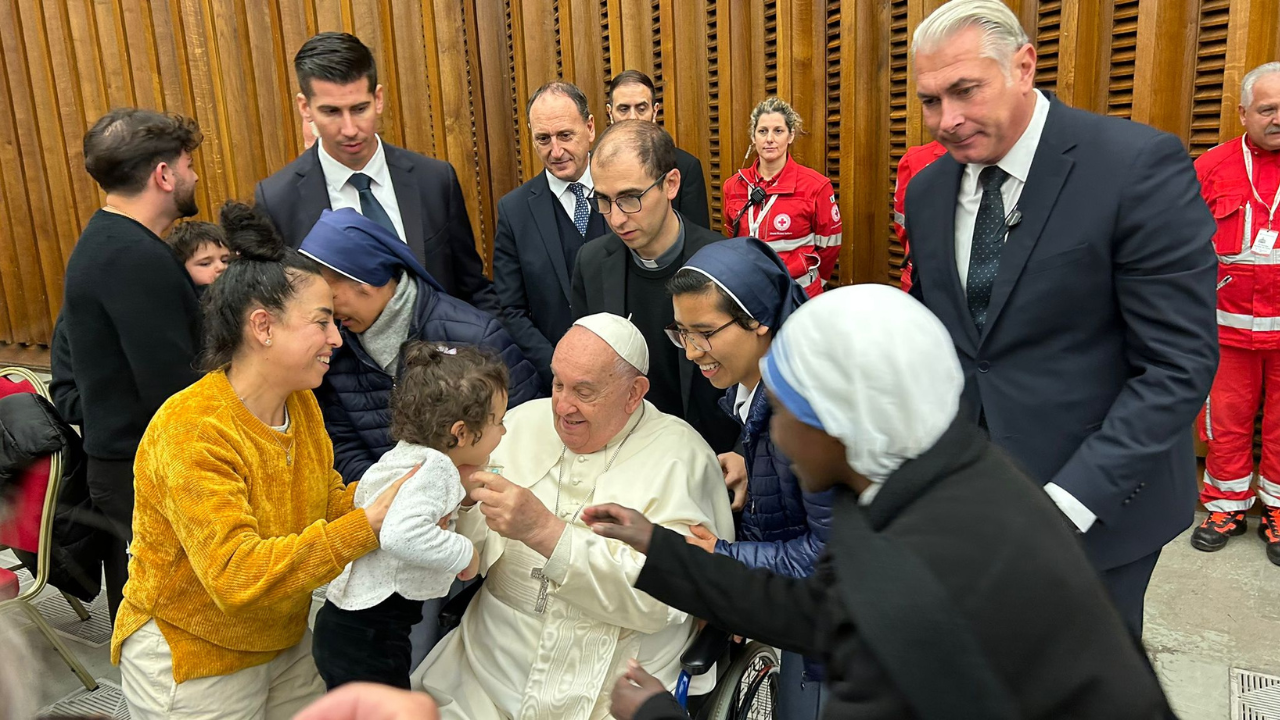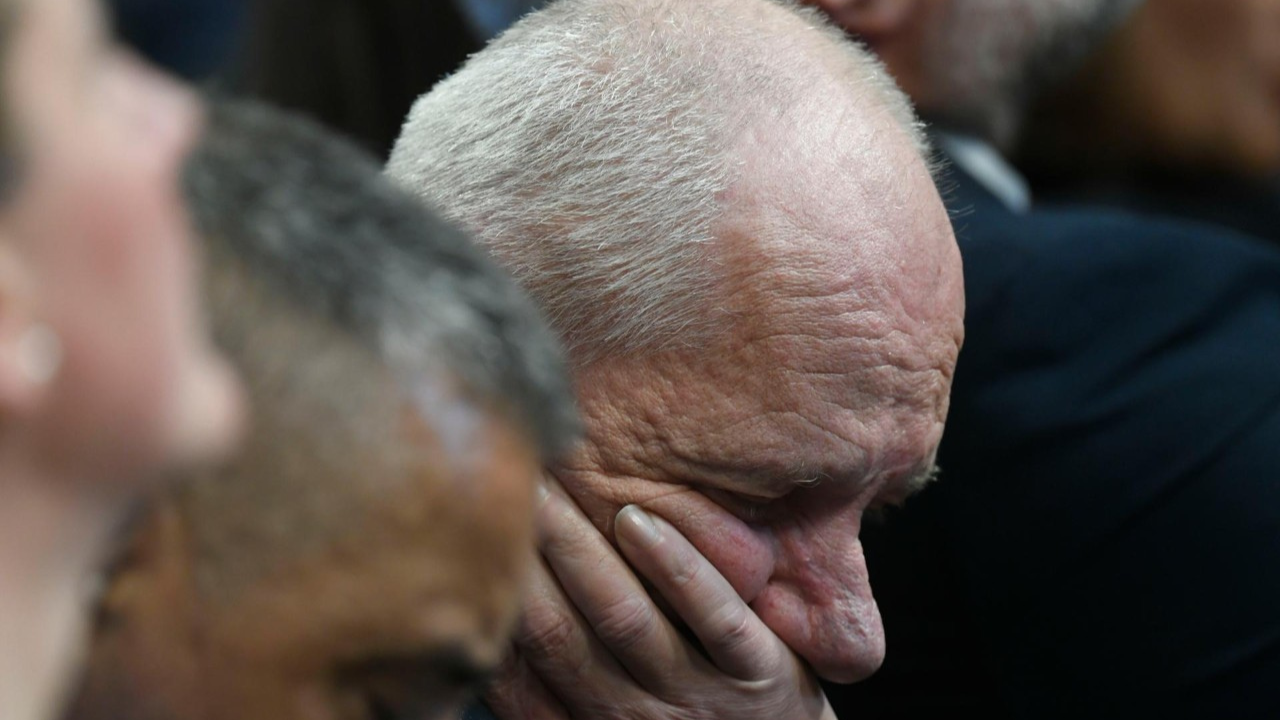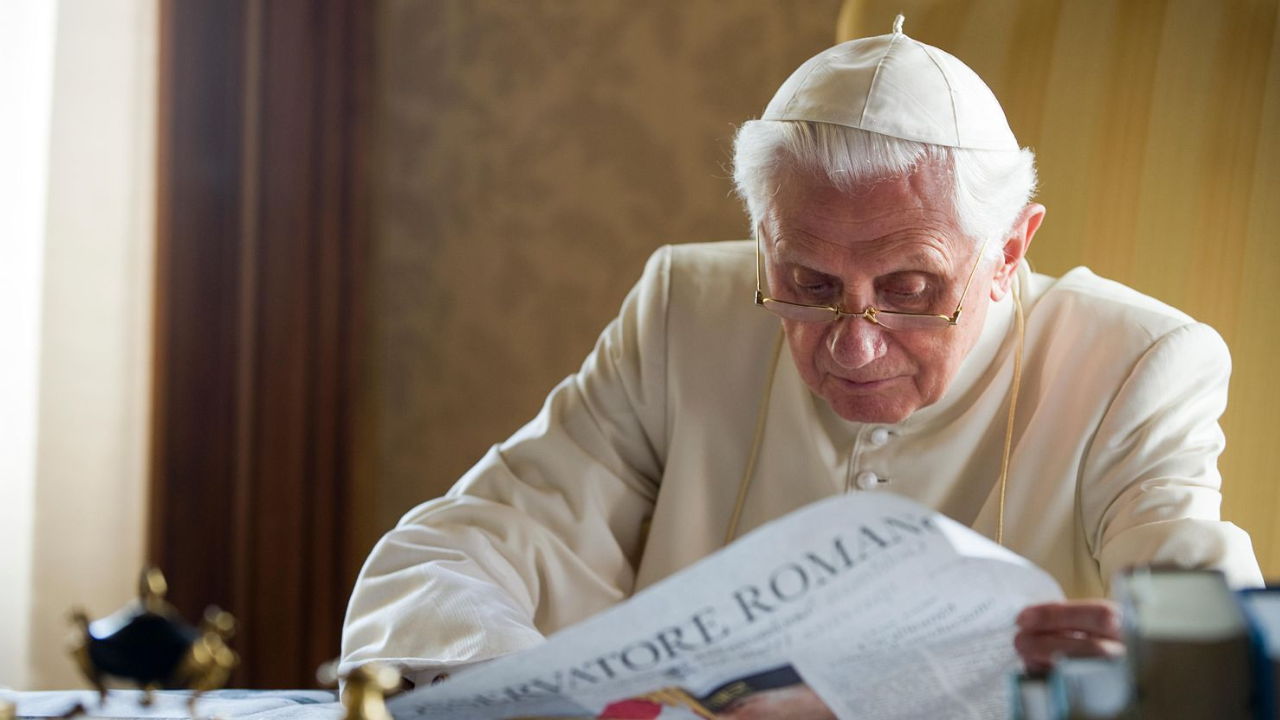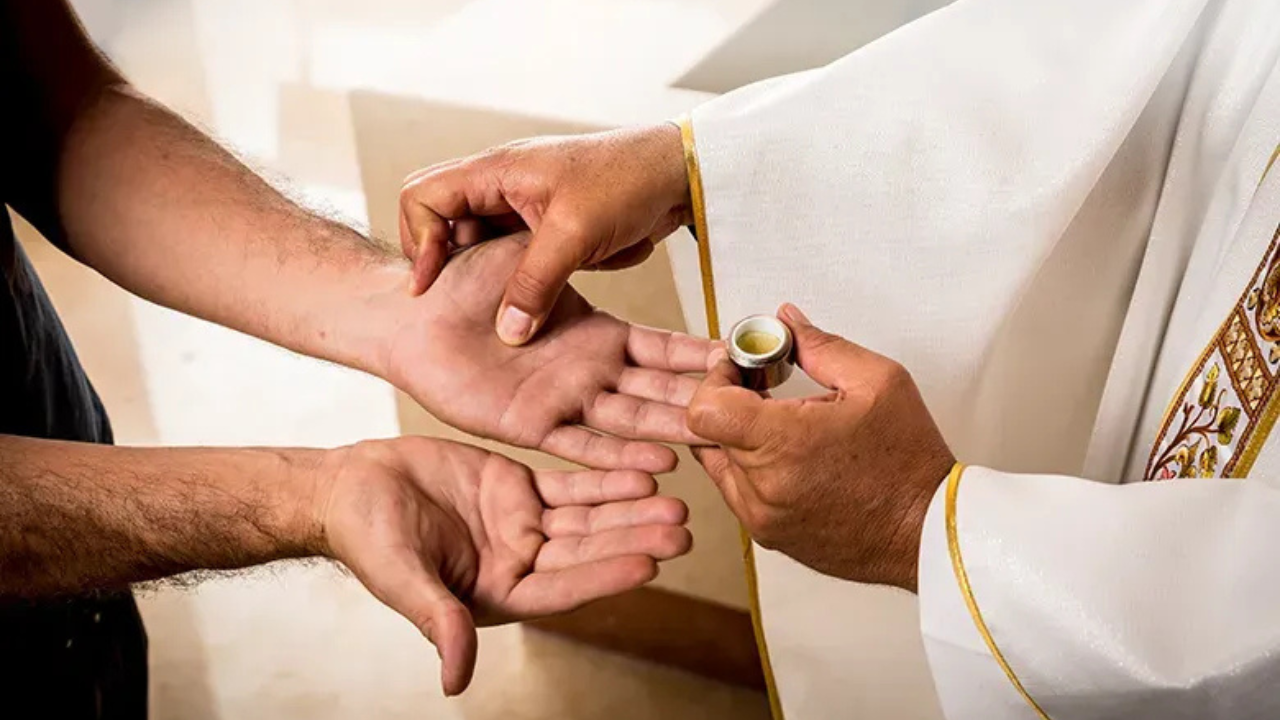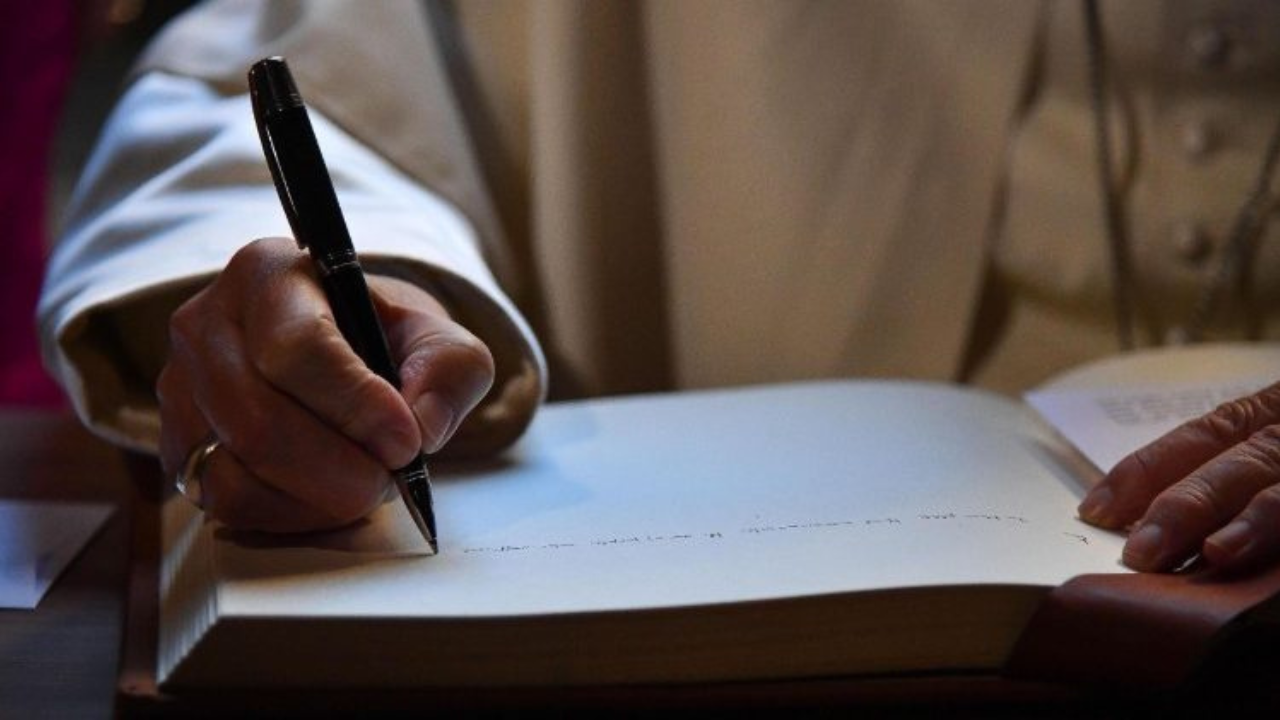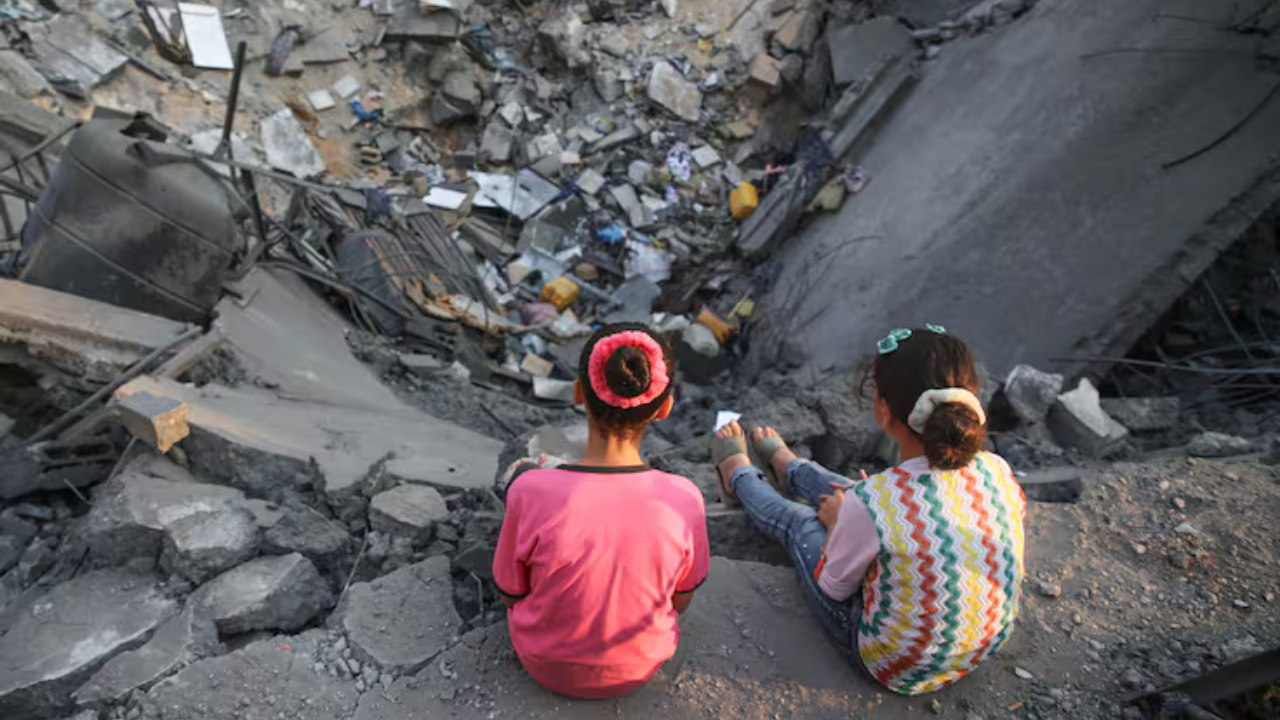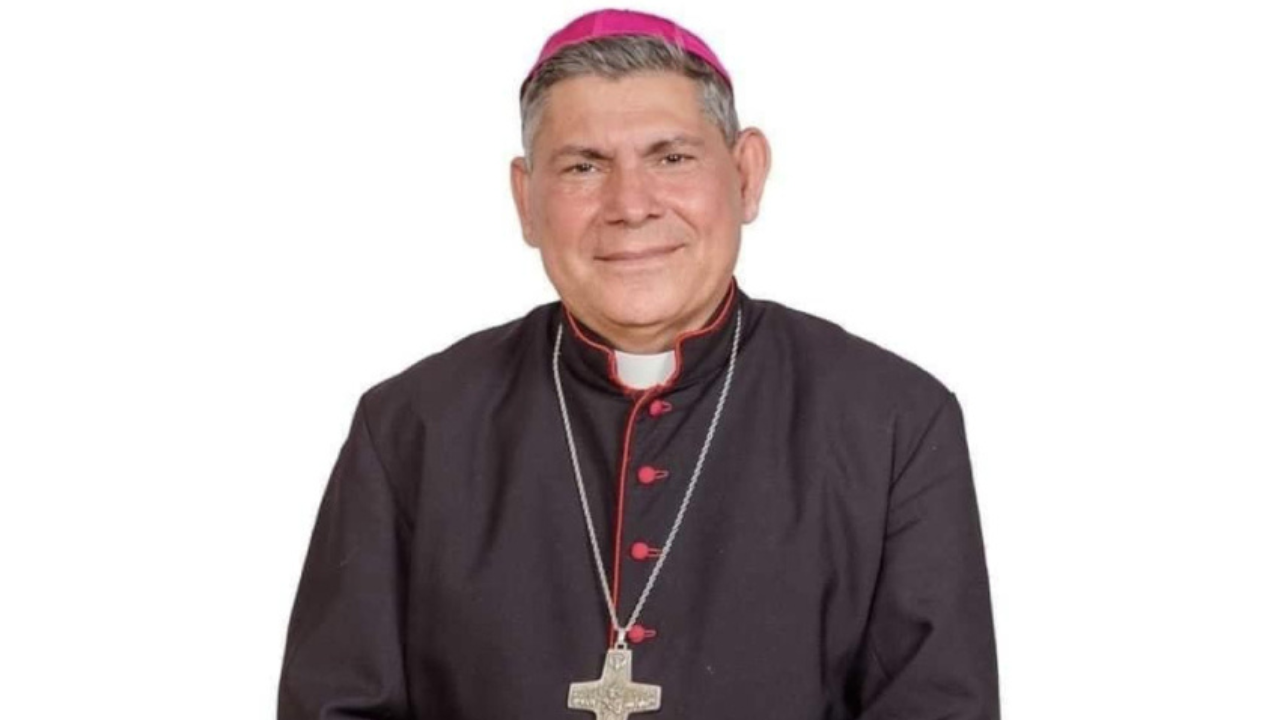It was a hearing seen throughout the world. Now, the Holy See's UN nuncio, Msgr. Silvano Tomasi, is talking about his impressions, after presenting before the Committee against Torture. It happened on May 5th and 6th in Geneva.
MSGR. SILVANO TOMASI
Permanent Observer of Holy See to the UN
'For some members there was an open attitude to understand the positive steps that have been by the Holy See in the last ten years; For others, less so; the main rapporteur in particular, seemed to have had an agenda of her own, to extend the mandate of the Convention against Torture and of the Committee itself. But the nature and purpose of the Committee is that of monitoring the implementation of the treaty, not to change it. As such, the Committee is not a court which can pass judgment.â?
The panel of experts asked the Vatican delegation about its handling of sex abuse cases. The panel also criticized the Vatican's stance against abortion. Tomasi says, answering those questions wasn't the problem, but rather the panel's ideological mindset.
MSGR. SILVANO TOMASI
Permanent Observer of Holy See to the UN
'In addition to penalties imposed by the civil authority, the Holy See exercises a further spiritual penalty upon clergy guilty of such crimes, including removing the person from the clerical state, or defrocking, as it did for 848 of them from 2004 to 2013. The Holy See cannot interfere in the sovereignty of other nations, as this would be a violation of international law. Instead, a crime committed by a person under the jurisdiction of Vatican City State would have to be prosecuted by this State.â?
Tomasi highlighted the points where the UN and the Holy See look eye to eye. Issues like poverty, human trafficking and assistance to refugees.
At issue, he says, is that some UN officials, try to promote their ideological views, not the consensus of member states.
MSGR. SILVANO TOMASI
Permanent Observer of Holy See to the UN
'The excesses of some functionaries or 'experts' employed by the UN, who tend occasionally to promote their ideological convictions instead of following the conclusions arrived at democratically by the Member States, offers the occasion for legitimate criticism.â?
He says, the fact that Pope Francis met with UN Secretary General, Ban Ki-moon at the Vatican, along with leading officers of UN agencies, funds and programs, shows that the interaction and dialogue between the Holy See and the UN is real and useful.
READ FULL INTERVIEW:
1. How were your responses received by the Committee of the CAT?
My responses were received differently: as the Latin saying goes 'quid quid recipitur ad modum recipientis recipiturâ?â?¦ what is received, is received according the mind of the receiver. For some members there was an open attitude to understand the positive steps taken by the Holy See in the last ten years; for others,less so; the main rapporteur in particular, seemed to have had an agenda of her own, to extend the mandate of the Convention against Torture and of the Committee itself. But the nature and purpose of the Committee is that of monitoring the implementation of the treaty, not to change it. As such, the Committee is not a court which can pass judgment. In our dialogue, we pointed out that we understand the role of the Committee in this correct way.
2. In your responses you mentioned the question of sexual abuse of minors. This theme does not appear in the Report submitted by the Holy See. Has there been a change opinion?
The response to the Holy See to the problem of sexual abuse of minors was given to the Committee of the Convention on the Rights of the Child last January, the appropriate Committee. But, in Article 16 of the Convention against Torture, there is the provision against those acts which are considered inhuman and degrading. Reasonably, sexual abuse of minors could be dealt with under this article. There has not been a change of position by the Holy See. Rather, there has been an extended understanding of the Convention against Torture.
3. Do you believe that the distinction between Vatican City State and the Universal Church for the application of the Convention has been accepted?
The ratification by the Holy See of the Convention against Torture was done on behalf of Vatican City State and all other States Parties at the time agreed with that decision. There now is some resistance to respect such juridical clarity because, either ideological or other interests attempt to intervene. My Delegation detailed the different ways through which the Holy See carries out its responsibility, at the legal juridical level, as any other country, for the territory we call Vatican City State, and on the level of its pastoral and spiritual mission, for the Universal Church. In relation to sexual abuse of minors, both forms of responsibility, legal and pastoral, in the last ten years, have been carried out efficiently and effectively to combat abuse, punish the guilty, and prevent the repetition of this crime.
4. Do you think it was understood that the Holy See does not have responsibility for the crimes committed by members of the clergy outside Vatican City State?
I think we have to make a distinction. Some people, unfortunately, will never understand because they are so taken by their lobbying and by the hope to profit from the situation that they forget the importance of law and the priority that should be given to victims. The reality is that members of the clergy are citizens of the country in which they live and therefore they are under the jurisdiction of the local authorities, who have the duty to prosecute crimes according their own laws. In addition to penalties imposed by the civil authority, the Holy See exercises a further spiritual penalty upon clergy guilty of such crimes, including removing the person from the clerical state, or defrocking, as it did for 848 of them from 2004 to 2013. The Holy See cannot interfere in the sovereignty of other nations, as this would be a violation of international law. Instead, a crime committed by a person under the jurisdiction of Vatican City State would have to be prosecuted by this State.
5. Your Delegation also touched upon some point regarding abortion, could you sum up your response to this question?
Since the dialogue was about the Convention against Torture and some members of the Committee raised the issue of abortion, we had to respond with determination and clarity. We remarked that real torture is abandoning those children born alive after a failed abortion attempt, leaving them to die. Or extreme forms of late term abortion when a method of dismembering and removing of the child by pieces is employed. The most fundamental human right is the right to life. Once this right is destroyed no other rights can be applied. Besides, attempts to push the Holy See to change its convictions would be a gross violation of fundamental human rights, like the rights to freedom of religion or belief.
6. On Friday the Secretary General of the UN will visit Pope Francis. Some Catholic circles view the UN with suspicion. In your opinion are the results of such collaboration of the Holy See with the UN more positive or negative?
The Holy See does not have an option but to be present in the International Community. As indicated in Gaudium et spes of Vatican Council II, Christians must be leaven in society and participate in the various sectors of activity. I donâ??t have information on the agenda of the meeting between the Holy Father and the Secretary General. The fact that he is going with all the Directors of the UN agencies and entities shows that the interaction between the Holy See and the UN is real and useful. In fact, the Holy See upholds the value of solidarity within the whole human family, among countries and people, in support of fundamental values like freedom of religion and opinion, the fight against poverty, integral development, assistance to migrants and refugees, and the fight against the trafficking of women and children, among many other concerns. The excesses of some functionaries or 'expertsâ? employed by the UN, who tend occasionally to promote their ideological convictions instead of following the conclusions arrived at democratically by the Member States, offers the occasion for legitimate criticism. Although these persons represent a culture and mentality derived from extreme individualism that tries to make a human right out of every desire without taking responsibility for the choices made, another culture, derived from the Christian tradition, that sees the human person in relation others still prevails. Therefore the multilateral diplomacy of the Holy See, and its active presence in the United Nations, serves as the voice of conscience and as a reminder that the strength of the Gospel is always new and that, as in other moments in history, can still transform society.
JRB/KLH
RR
-JM
-PR
up:RCA
